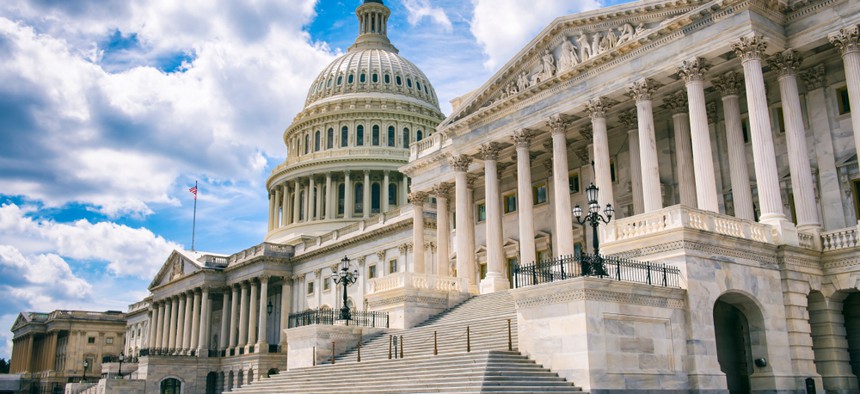A cheatsheet for understanding how the new tax law affects nonprofits

U.S. Capitol building in Washington, D.C. Shutterstock
The Nonprofit Coordinating Committee of New York has released its 2018 Nonprofit Salary Survey Report. More than 450 nonprofits in the New York City contributed data on compensation levels across 12 categories: Administrative, Advocacy, Communications/Marketing, Facilities, Financial Management, Fundraising, Human Resources, Leadership, Legal, Measurement and Evaluation, Programs, and Technology.
Three takeaways:
- CEO average salaries are between $80,000 and $400,000, depending on the size of the organization.
- This report is the only one that includes organizations with less than $500,000 in their average budgets.
- Several salary levels in the survey suggest nonprofits still need to raise pay in order to provide living wages to staff.
The report can be accessed here and is free for NPCC members, $250 for non-members.
A new state law is codifying the role of the nonprofit Court Appointed Special Advocates in Family Courts. Gov. Andrew Cuomo signed legislation on Oct. 1 that will allow judges to assign CASA volunteers, among other changes that give them an official role to play in cases. The 40-year-old nonprofit works with abused and neglected children in New York City and across the state, with about 30 county programs serving about 1,000 children in New York City foster care each year.
Harlem United Community AIDS Center has won a $1.3 million contract from the city Department of Social Services. The money will fund 46 unites of non-scatter site housing and support services for people living with AIDS and HIV, according to the City Record.
Nonprofits must confront how last year’s GOP tax law will affect their bottom line this year. The New York Community Trust tackled that question in a new report examining how the tax law will affect nonprofits. The changes weren’t necessarily all bad for nonprofits. For example, a reduction in the general corporate tax rate could help some nonprofits that formed as nonprofit corporations. However, other changes were less friendly to the nonprofit sector, including new excise taxes and the cap on local property tax deductions. Read all about it below.
